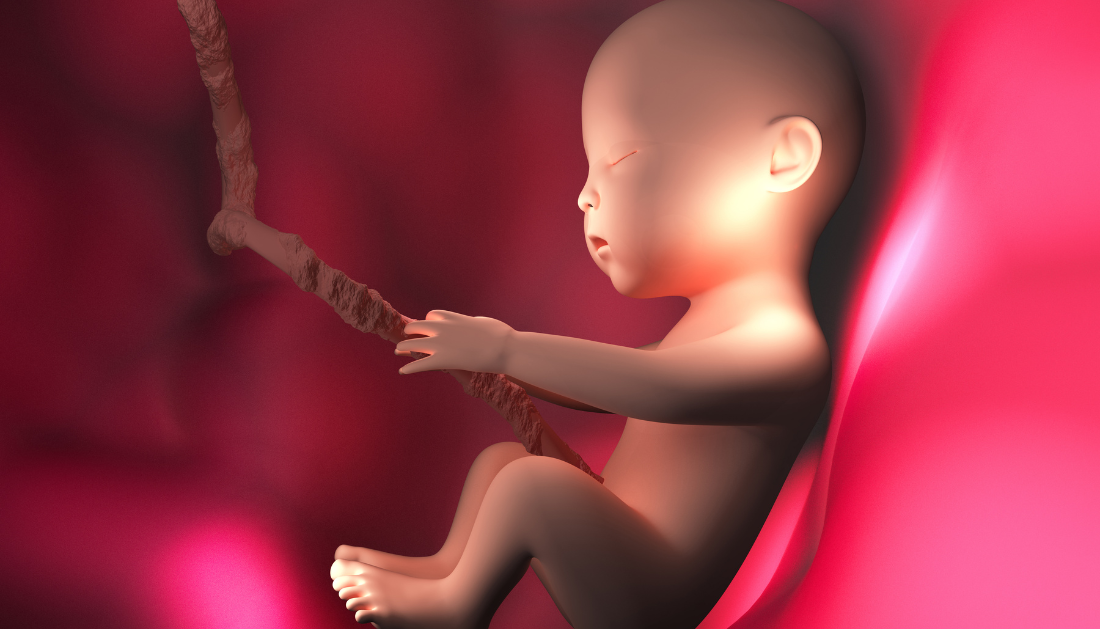

Summary: How early human embryo cells choose to produce the fetus or the sustaining yolk sac is revealed by a new study that uses stem cell-based models. It is important to comprehend this choice because the yolk sac may enhance IVF outcomes and is necessary for subsequent development in the womb.
Researchers have discovered fibroblast growth factor, a crucial signal that causes cells to become yolk sac founders in less than a day. The results demonstrate that the embryonic development of humans and other mammals is similar.
Important Details:
1. How early embryo cells decide to create the fetus or yolk sac is revealed by the study.
2. The production of yolk sacs is triggered by fibroblast growth factor, a crucial signal.
3. Understanding may help with infertility treatments, especially IVF.
Exeter University is the source.
A recent study that used stem cell-based models has provided fresh insights into the early stages of human embryonic development, which may eventually help with the creation of reproductive therapies.
The University of Exeter Living Systems Institute’s study has uncovered the process by which early embryo cells choose to contribute to the yolk sac or the fetus.
It’s critical to comprehend this choice because the yolk sac is necessary for subsequent womb development. Generating the appropriate quantity of cells that form the yolk sac may be essential for treating infertility with in vitro fertilization (IVF) embryos.
Direct study on human embryos is only possible in certain circumstances. Because naïve stem cells can form all of the cell types and structures of the early embryo, the research team, which included the University of Edinburgh, employed them. To better understand the creation of hypoblasts, the founders of the yolk sac, created stem cell models.
The main finding, which was reported in Cell Stem Cell, is the identification of a crucial signal that occurs within a brief timeframe—less than a day—to cause cells to develop into hypoblasts.
The signal is a protein produced in the embryo known as fibroblast growth factor. Prior research has overlooked this signal’s significance in human embryos.
The new research demonstrates that humans and other mammals have comparable early processes that produce an embryo and its supporting components.
Lead author Dr. Ge Guo of the Living System Institute at the University of Exeter stated: “Our findings provide insights into how the correct proportions of different cell types form in the early human embryo. We hope our research will benefit infertility treatment in future.”
Professor Austin Smith, the Director of the University of Exeter’s Living Systems Institute, said: “This study shows the power of stem cell-based models for revealing how the human embryo begins to develop.
“This establishes a foundation for future studies into the early development of the human embryo and represents a major turning point in stem cell research and embryo models.
For more information: Naive pluripotent stem cell-based models capture FGF-dependent human hypoblast lineage specification, Cell Stem Cell, https://doi.org/10.1016/j.stem.2024.05.003
more recommended stories
 CTNNB1 Syndrome Study Explores Beta-Catenin Defects
CTNNB1 Syndrome Study Explores Beta-Catenin DefectsKey Takeaways Researchers in Spain are.
 Tuberculosis Breakthrough with Experimental Antibiotics
Tuberculosis Breakthrough with Experimental AntibioticsKey Takeaways Experimental antibiotics disrupt a.
 National Healthy Longevity Trial Receives Federal Support
National Healthy Longevity Trial Receives Federal SupportKey Summary Up to $38 million.
 Red Blood Cells Improve Glucose Tolerance Under Hypoxia
Red Blood Cells Improve Glucose Tolerance Under HypoxiaKey Takeaways for Clinicians Chronic hypoxia.
 Nanoplastics in Brain Tissue and Neurological Risk
Nanoplastics in Brain Tissue and Neurological RiskKey Takeaways for HCPs Nanoplastics are.
 AI Predicts Chronic GVHD Risk After Stem Cell Transplant
AI Predicts Chronic GVHD Risk After Stem Cell TransplantKey Takeaways A new AI-driven tool,.
 Red Meat Consumption Linked to Higher Diabetes Odds
Red Meat Consumption Linked to Higher Diabetes OddsKey Takeaways Higher intake of total,.
 Pediatric Crohn’s Disease Microbial Signature Identified
Pediatric Crohn’s Disease Microbial Signature IdentifiedKey Points at a Glance NYU.
 Nanovaccine Design Boosts Immune Attack on HPV Tumors
Nanovaccine Design Boosts Immune Attack on HPV TumorsKey Highlights Reconfiguring peptide orientation significantly.
 High-Fat Diets Cause Damage to Metabolic Health
High-Fat Diets Cause Damage to Metabolic HealthKey Points Takeaways High-fat and ketogenic.

Leave a Comment